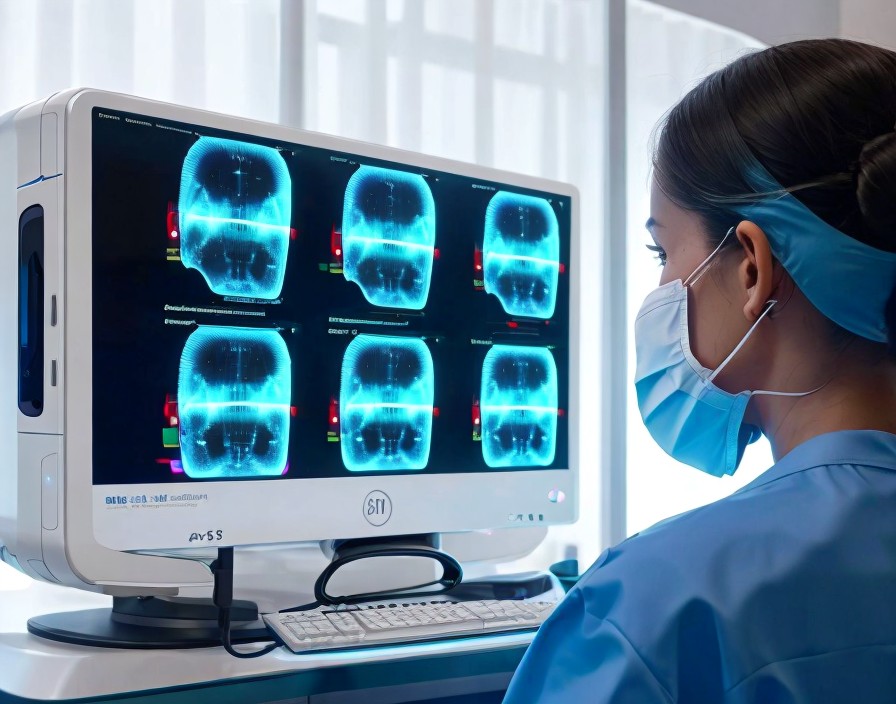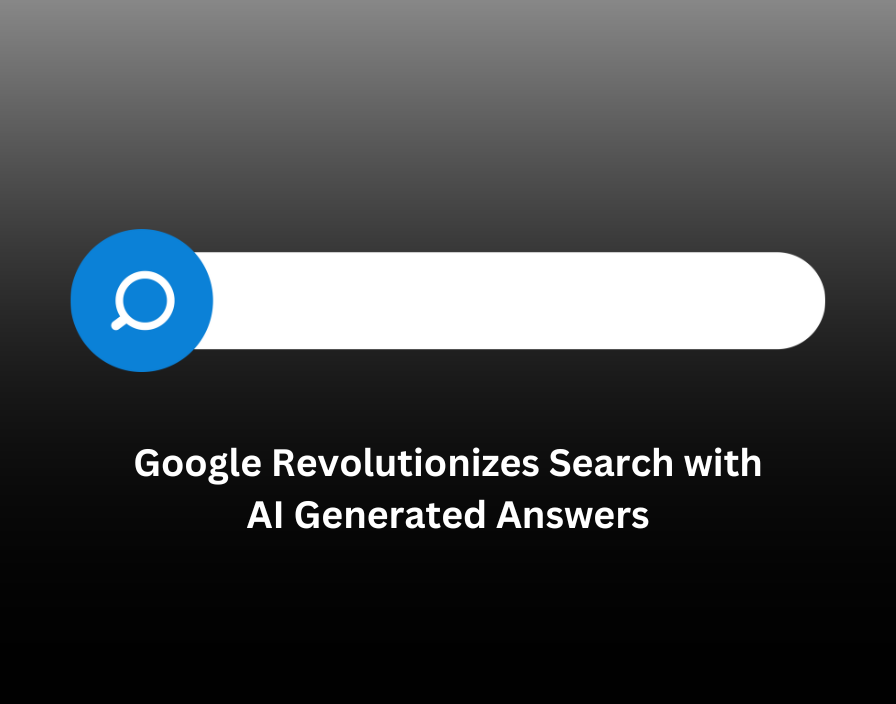How Artificial Intelligence is transforming healthcare

Introduction:
In recent years, the integration of Artificial Intelligence (AI) in healthcare has revolutionized the industry, promising improved diagnostics, personalized treatments, and enhanced patient care. The transformative potential of AI in healthcare is vast, with applications ranging from medical imaging and drug discovery to patient monitoring and predictive analytics. This blog delves into the ways AI is reshaping healthcare and the benefits it brings to patients, healthcare providers, and the industry as a whole.
Precision Diagnostics:
AI algorithms are making significant strides in medical imaging, aiding in the detection and diagnosis of various conditions. Machine learning techniques can analyze medical images such as X-rays, MRIs, and CT scans, assisting radiologists in identifying abnormalities and providing more accurate interpretations. AI-driven diagnostic tools can help streamline diagnostic processes, reduce human error, and ultimately lead to faster and more precise diagnoses.
Personalized Medicine:
AI is transforming the field of genomics and personalized medicine by analyzing vast amounts of patient data and genetic information. By considering an individual's genetic makeup, lifestyle factors, and medical history, AI algorithms can provide tailored treatment plans and predict a patient's response to specific medications. This enables healthcare professionals to deliver more targeted and effective therapies, improving patient outcomes and minimizing adverse reactions.
Predictive Analytics and Early Intervention:
AI algorithms can analyze large datasets to identify patterns and predict health outcomes. By examining patient records, vital signs, and other relevant data, AI can identify early warning signs of diseases or complications. This enables healthcare providers to intervene proactively, potentially preventing or mitigating the impact of adverse events. AI-powered predictive analytics can transform healthcare from a reactive model to a proactive one, improving patient well-being and reducing healthcare costs.
Virtual Assistants and Chatbots:
AI-based virtual assistants and chatbots are being used to enhance patient engagement and provide round-the-clock support. These intelligent systems can answer commonly asked questions, assist patients in scheduling appointments, and provide basic medical advice. Virtual assistants can also triage patient symptoms, helping healthcare providers prioritize cases and allocate resources efficiently. By automating routine tasks, AI-powered assistants free up healthcare professionals' time, allowing them to focus on more complex and critical patient care.
Drug Discovery and Clinical Research:
AI is revolutionizing the drug discovery process by accelerating the identification of potential drug candidates and predicting their efficacy. Machine learning algorithms can analyze vast amounts of biomedical data, including genetic information and medical literature, to identify novel targets and optimize drug development. AI also plays a crucial role in clinical research, helping researchers identify suitable patient cohorts, design clinical trials, and analyze complex datasets.
Artificial Intelligence is reshaping healthcare by providing innovative solutions that enhance diagnostics, treatment, and patient care. From precision diagnostics and personalized medicine to predictive analytics and virtual assistants, AI-driven technologies are transforming the industry, improving patient outcomes, and revolutionizing healthcare delivery. As AI continues to evolve, its potential to address healthcare challenges and improve the quality of care will only grow, making it an invaluable tool in the hands of healthcare professionals.




